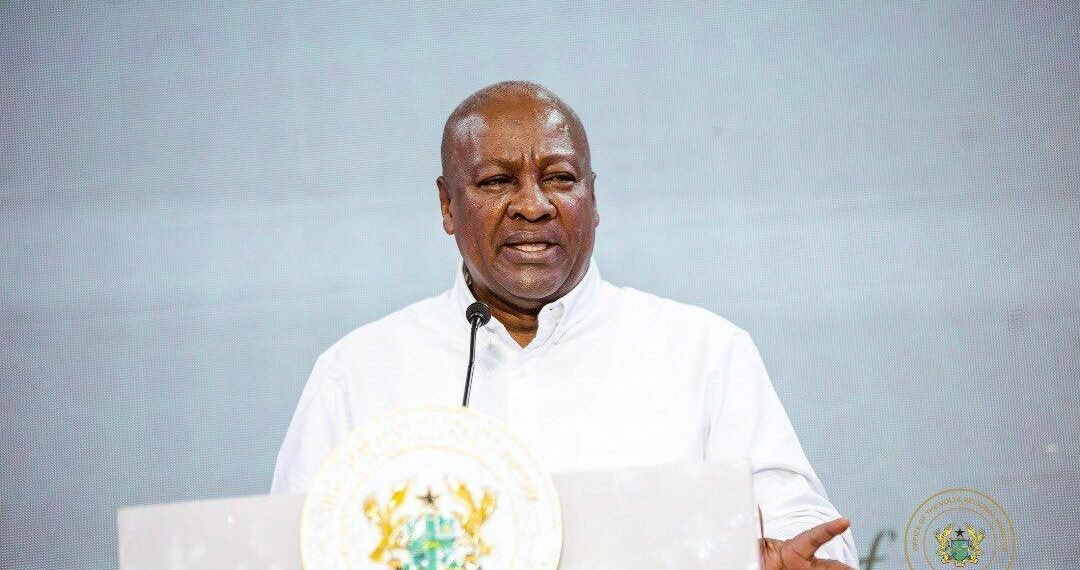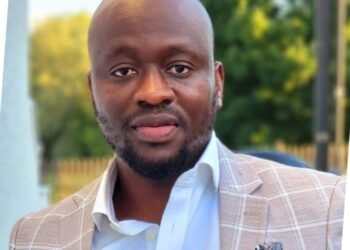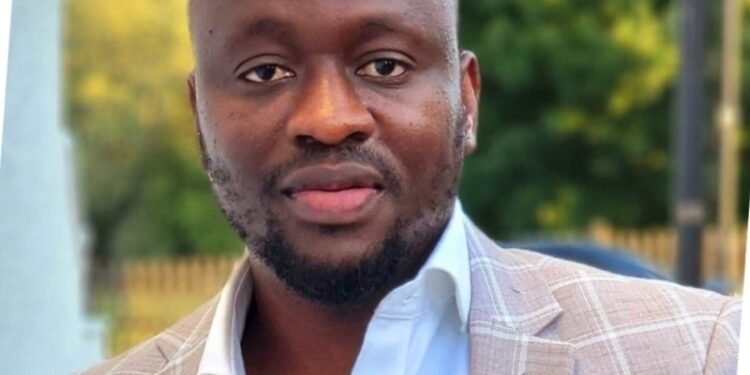President John Dramani Mahama has officially launched Ghana’s Free Tertiary Education for Persons with Disabilities (PWDs) initiative, describing it as a defining moment in the country’s journey toward inclusion, equity, and social justice.
The initiative, launched under the theme “Disability, Not Inability: Advancing Inclusive Access to Higher Education under the Reset Agenda”, seeks to remove financial barriers to higher education for Ghanaians living with disabilities.
Speaking at the launch held at the Accra College of Education, President Mahama said the policy represents more than just a government intervention—it is an “activation of our national conscience and our sense of equity and justice.”
He stressed that the measure of a nation’s moral and democratic health lies in how it treats its most vulnerable citizens, quoting Nelson Mandela’s famous words that a nation should not be judged by how it treats its highest citizens, but by how it treats its lowest.
According to the 2021 Population and Housing Census, Ghana is home to over two million persons living with disabilities. President Mahama noted that behind these statistics lie “real human stories of perseverance, of talent waiting to be nurtured, and of dreams that deserve to be fulfilled.”
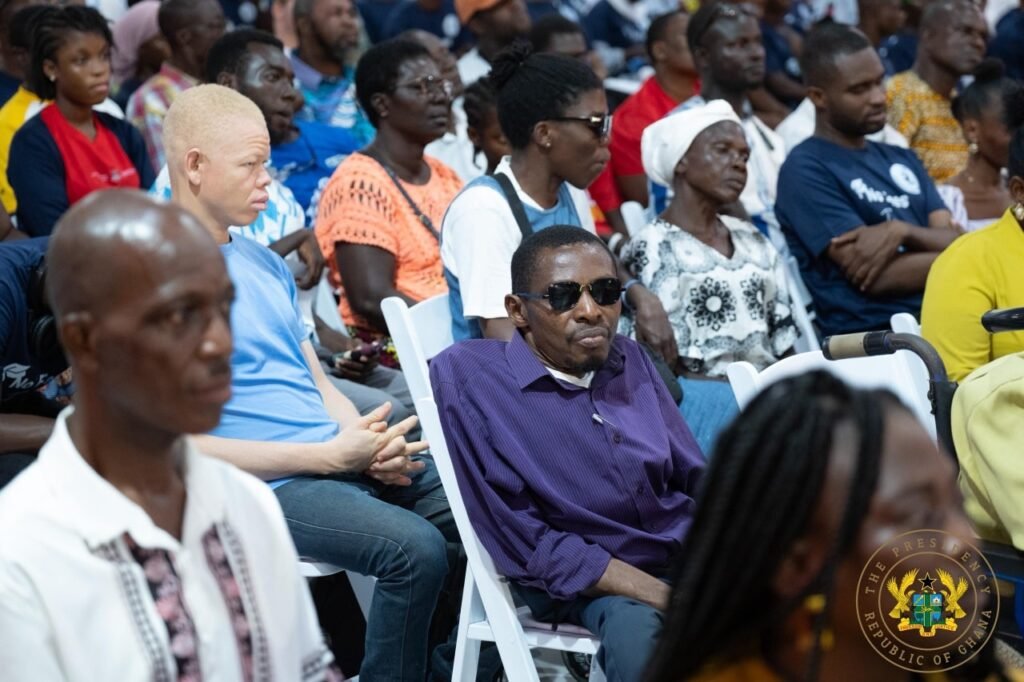
He lamented that despite existing laws and international commitments, many PWDs still face systemic barriers—ranging from poverty and stigma to inadequate access to education and employment opportunities.
“These are not just individual challenges. They represent a national loss. When we exclude, we waste talent. But when we include and empower, we multiply national progress.”
President John Dramani Mahama
Advance Disability Rights and Inclusive Education
The President recounted Ghana’s efforts over the years to advance disability rights and inclusive education. He referenced the passage of the Persons with Disability Act (Act 715) in 2006 under former President John Agyekum Kufuor, which laid the legal foundation for protecting the rights of PWDs.
Further, under his own administration in 2012, Ghana ratified the United Nations Convention on the Rights of Persons with Disabilities (UNCRPD), aligning domestic legislation with international standards of dignity and equality.
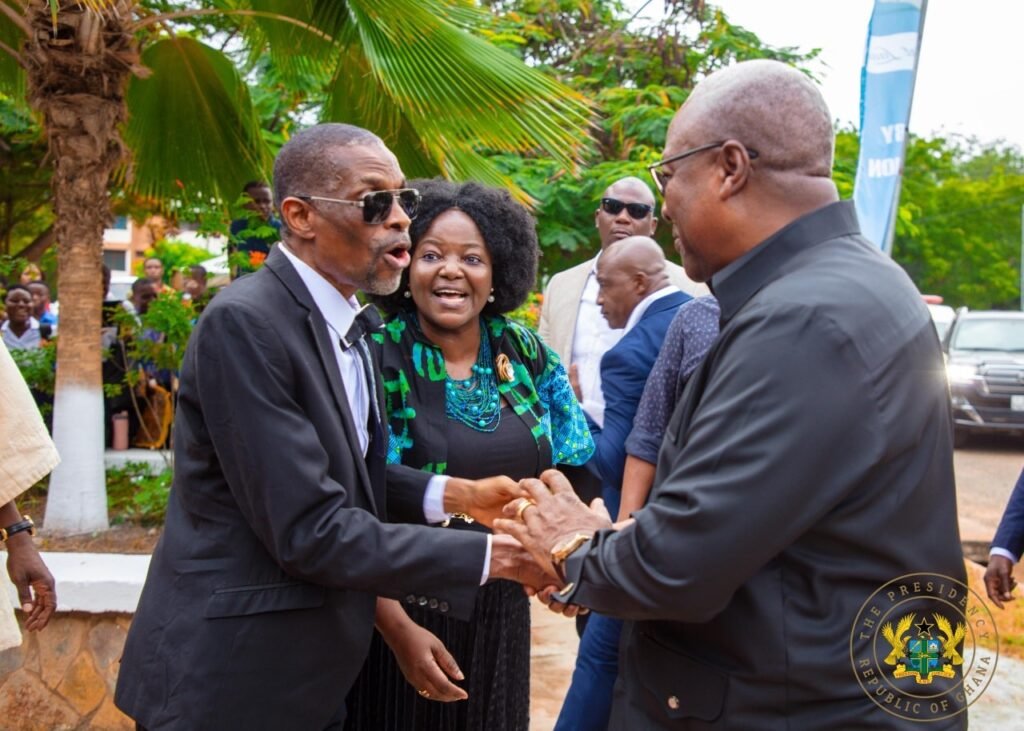
President Mahama also highlighted the 2015 Inclusive Education Policy, introduced under his leadership, which sought to open mainstream schools to learners with disabilities and transform educational culture across the country.
“Today, we are advancing that vision one bold step further. The Free Tertiary Education for Persons with Disabilities initiative fulfills a pledge I made to the people of Ghana to make higher education accessible to all, regardless of fiscal condition or circumstances.”
President John Dramani Mahama
Under this new initiative, all persons with disabilities who gain admission into accredited public tertiary institutions will have their tuition and fees fully covered by the state. The implementation of the program will be led by the revamped and digitized Students Loan Trust Fund, designed to ensure transparency, efficiency, and sustainability.
President Mahama explained that the National Scholarship Secretariat had previously managed a limited number of scholarships for persons with disabilities.
However, with this new policy, the government has integrated that scheme into a broader, universal framework under the Students Loan Trust Fund to ensure that every eligible student with a disability benefits.
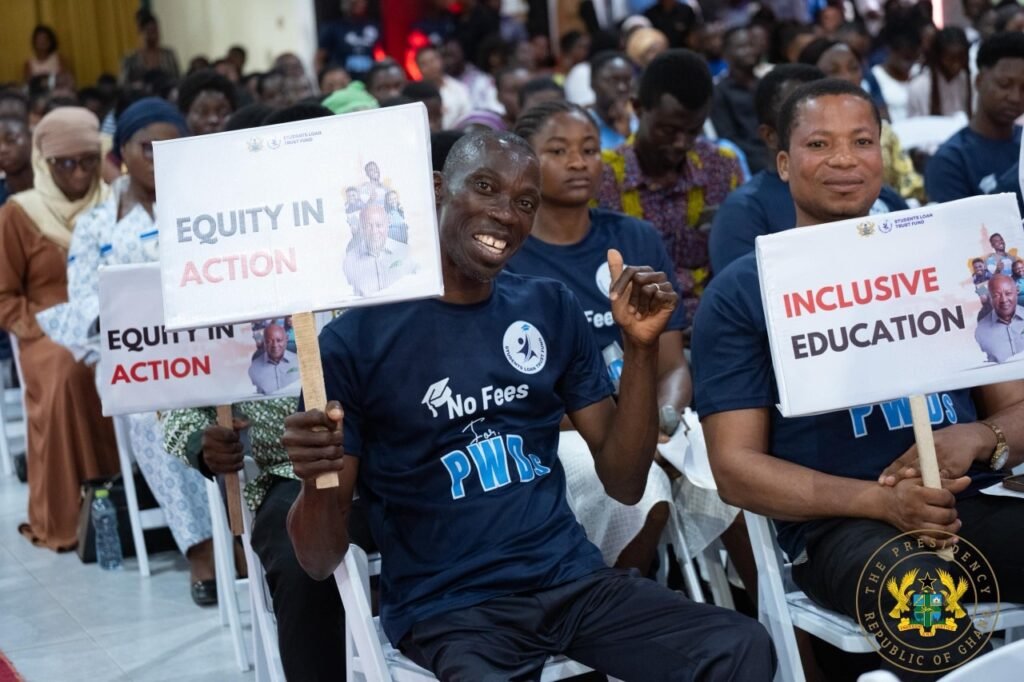
He emphasized that the initiative is not an act of benevolence, but one of justice and equal opportunity. “This initiative is not an act of charity. It is an act of justice and equality,” he asserted.
“It is a strategic investment in Ghana’s most valuable resource—its people. Each student supported under this policy becomes an asset to our nation; a potential engineer, teacher, entrepreneur, or innovator. Their success will strengthen Ghana’s economy and enrich our collective humanity.”
President John Dramani Mahama
An Inclusive Ghana
President Mahama painted a vivid picture of the inclusive Ghana he envisions: a nation where a visually impaired student becomes a software engineer, a woman in a wheelchair earns her law degree to defend the voiceless, and a child with hearing impairment grows up to teach or even lead the country.
“This is the inclusive Ghana we dream of. A nation where opportunity, not disability, defines our destiny.” He urged Ghanaians to see the initiative as part of a broader national transformation rooted in fairness and social justice, adding that inclusion must be mainstreamed in policy planning, budgeting, and data management.
“The Free Tertiary Education for Persons with Disabilities initiative affirms that inclusion is not a favour—it is a right, and that equality is not charity, it is the foundation of our national progress”.
President John Dramani Mahama
The President concluded by officially declaring the program launched, expressing hope that it will serve as a beacon for future generations.
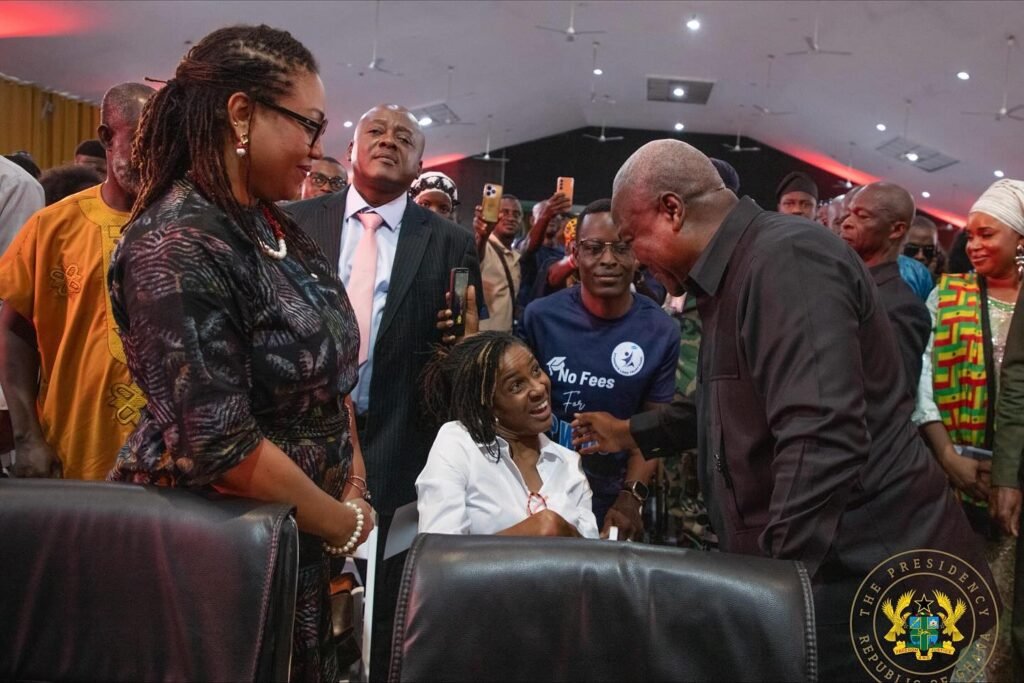
“May this program light the path for many generations to come. May it remind us that every Ghanaian, regardless of their ability, deserves to dream and to rise as far as they can. May God bless our persons living with disability, our students, and our beloved home, Ghana.”
President John Dramani Mahama
The initiative marks a major milestone in the Mahama administration’s RESET Agenda, which seeks to rebuild the nation through reforms in education, health, and social inclusion.
Already, analysts and education advocates like Kofi Asare of the Africa Education Watch have praised the policy as a transformative step toward breaking systemic barriers and ensuring that disability no longer limits access to higher education or participation in national development.
READ ALSO: CLGB Commends GoldBod for Transforming Ghana’s Small-Scale Mining Sector

